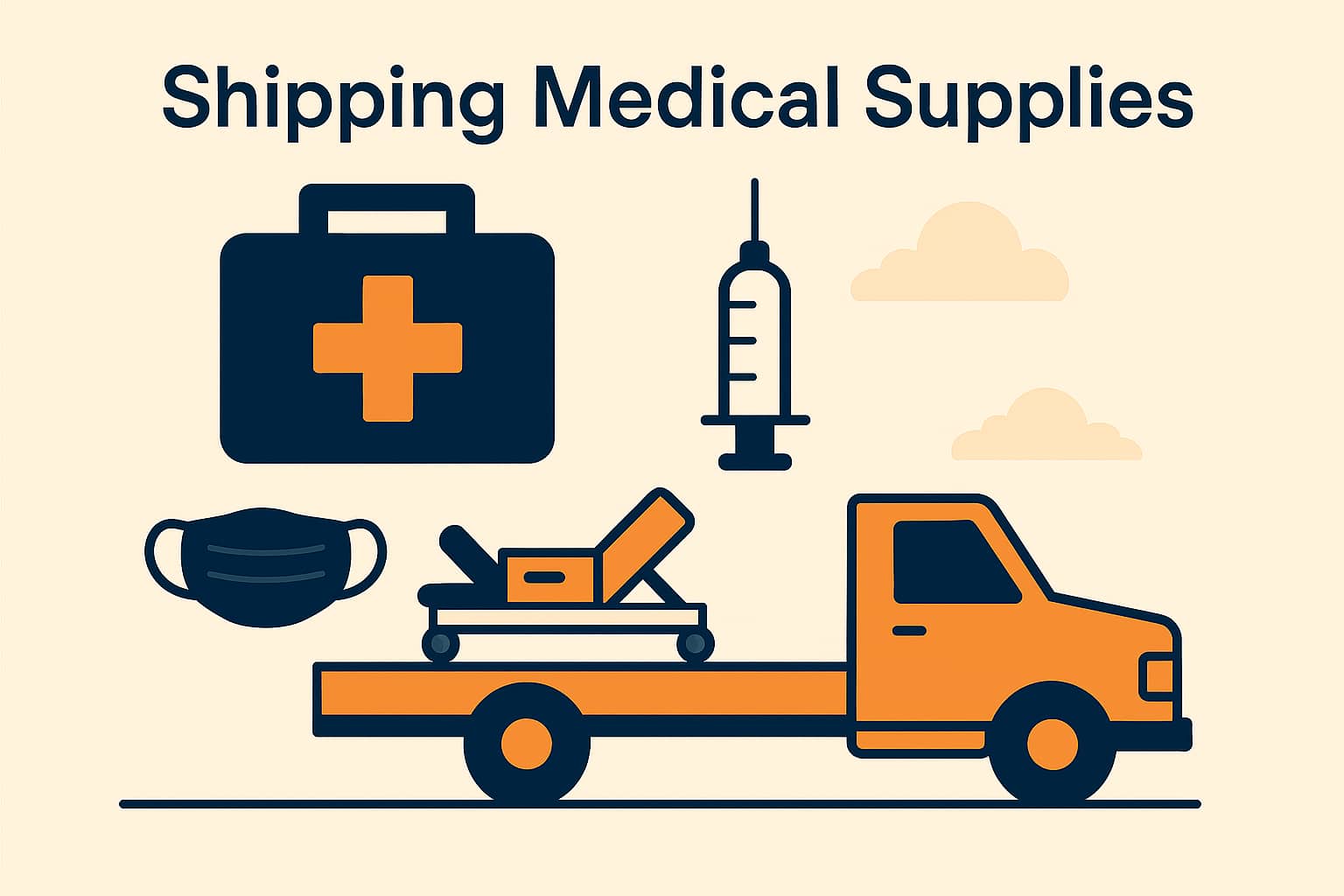Understanding LTL Freight Liability Coverage and Why Full Value Insurance Matters
When shipping goods via Less Than Truckload (LTL) freight, many shippers assume their cargo is fully protected. However, the liability coverage included with LTL freight is limited and based on the freight class assigned to the shipment. This can leave your business exposed to financial loss if damage or loss occurs.
What Is LTL Freight Liability Coverage?
LTL carriers automatically include limited liability coverage based on the National Motor Freight Classification (NMFC) system. Each freight class has a different liability limit, often ranging from $0.10 to $25 per pound, depending on the commodity and carrier.
For example:
- Freight class 70 might include coverage up to $5 per pound.
- Freight class 150 could be limited to just $1 per pound.
This coverage is not full-value insurance. It only compensates based on weight and class—not the actual value of your goods.
Why Freight Class Affects Your Coverage
Freight class is determined by factors like density, handling, stowability, and liability. Higher freight classes often mean lower liability limits. If you’re shipping high-value, low-weight items, your included coverage may fall far short of the actual value.
When Should You Add Full Value Insurance?
Adding full value cargo insurance for LTL shipments is essential when:
- You’re shipping electronics, machinery, or luxury goods
- Your product value exceeds the carrier’s liability limit
- You want protection against loss, theft, or damage
- You need peace of mind and faster claims processing
Unlike carrier liability, full value insurance covers the actual declared value of your shipment. It also protects against more scenarios, including acts of God, handling errors, and concealed damage.
Common Misconceptions About LTL Insurance
Many shippers believe that the carrier will fully reimburse them for damaged goods. In reality:
- Claims are often denied due to improper packaging or missing documentation
- Reimbursement is capped by the freight class—not the invoice value
- Claims can take weeks or months to process





